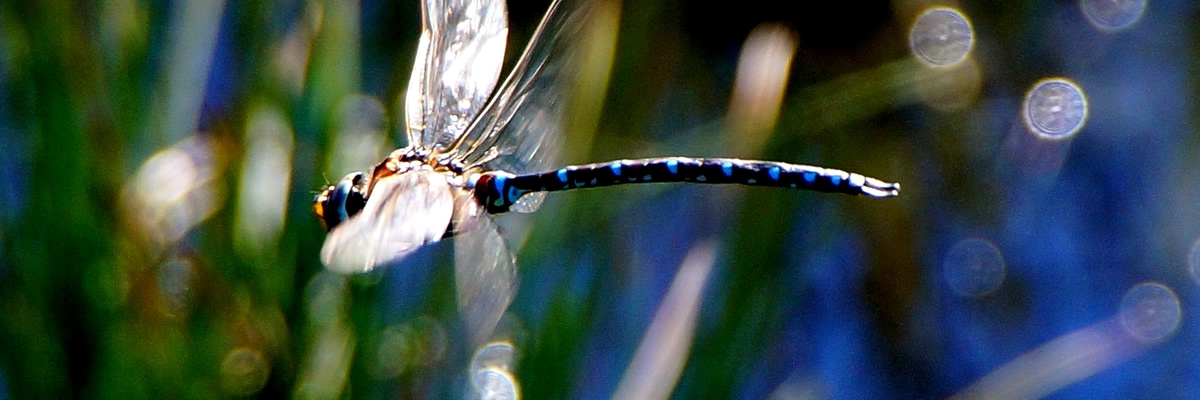
Scientific Societies
Council of Scientific Societies (CSS)
At present, the Council of Scientific Societies of the Czech Republic coordinates 87 scientific societies in the natural sciences, medicine, social sciences, and engineering, representing over 28,000 members.
Learned Society of the Czech Republic
The Learned Society of the Czech Republic brings together eminent researchers working in the Czech Republic.
Its main aim is to promote the free cultivation of research and the dissemination of scientific knowledge.
The Czech scientific community lost its freely elected scientific representation in 1952, as represented by members of the Royal Czech Society of Sciences (founded in the late 18th century) and members of the Czech Academy of Sciences and Arts (founded in 1890). Many of them went on to become academics or corresponding members of the then newly established Czechoslovak Academy of Sciences, however, this was a body with a distinctly political mission, which ceased to exist after 1989. The efforts of leading Czech researchers, led by Prof. Otto Wichterle, gave rise in 1994 to the establishment of the Learned Society as a new organisation representing Czech science and building on its best traditions.
Scientific Societies represent an important unifying platform, both within specific fields and in interdisciplinary terms. They are the only institutions linking together experts from universities, the Czech Academy of Sciences, and other departmental research institutions. Their members are distinguished scientists, teachers, economists, politicians, students, and others interested in respective scientific fields. The Societies are a meeting point of professionals with the public interested in a given field, they are open to students of all educational levels and provide them with a possibility of informal meetings with researchers and teachers. The Societes are often of an interdisciplinary character, and some of their scientific interests are not even represented in academic or other scientific institutions. Many of them are the only connection of our research public with international scientific bodies.
The main activities of scientific societies focus on the organisation of national or international congresses, conferences, symposia, and workshops. Among important aspects of their activities is running scientific libraries open to the public. The publication of scientific and expert periodicals, both international ones and those of national focus, must be considered one of the most important aspects of their work. The Societies organised under the umbrella of the CSS publish, completely independently, ten scientific journals. Some Societies contribute conceptually or by involvement in the reviewing process of textbooks, mostly for secondary schools. Many of them also comment on current events, including legislature (bills).